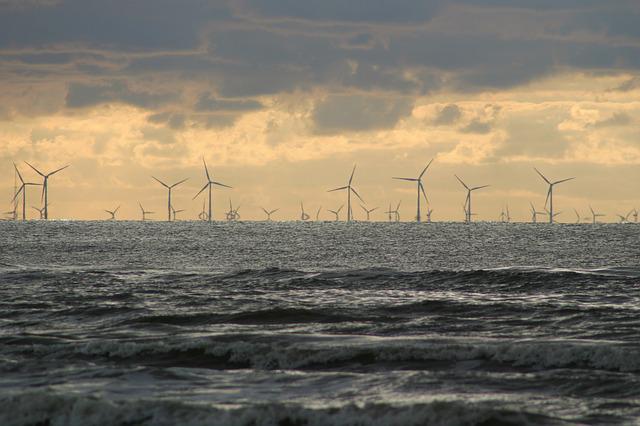Petrol prices have been on the decline recently to the point they are now on a par with pre-War in Ukraine prices seen in 2021. A similar trend has been observed with natural gas prices.
Nevertheless, energy prices for homeowners have been rising due to the cold spell. Before temperatures plummeted, it was quite easy to pick and choose the best times of the day to run the dishwasher or washing machine and only pay 1 kroner per KWh.
But now, low temperatures combined with low wind speeds have seen hourly rates rise to between 3 and 5 kroner per KWh.
Generally, 21:00-06:00 is a favourable time as prices tend not to exceed 3 kroner per KWh. The best time is usually from 02:00-03:00.
READ ALSO: Energy prices in decline: bills have halved since August
Huge Power-to-X potential
In other energy news, Ørsted and Skovgaard Energy, two power companies involved in renewable energy development, have joined forces to develop a large-scale Power-to-X (PtX) facility in western Denmark.
The project, which will be located in Idomlund, is expected to be the landfall for parts of the huge offshore wind expansion taking place in the North Sea.
The project has the potential to become Europe’s largest PtX facility, as it is expected to produce 65 GW by 2030 and at least 150 GW by 2050.
READ ALSO: Danish venues closing down for the winter in response to Energy Crisis
Danish Energy Agency to allow CO2 storage project
There are a few other energy projects on the horizon in Denmark as well.
A Greensand pilot project is aiming to inject and store up to 15,000 tonnes of CO2 in the former Nini West oil field in the North Sea.
A project permit, which has been approved by the Danish Energy Agency, is set to run until April 1.
READ ALSO: Copenhagen to turn off lights at 70 landmarks and parks to conserve energy
Aalborg Portland seeks emission cuts
Additionally, Aalborg Portland has unveiled a pilot project involving plans to capture CO2 via a new plant.
The country’s biggest CO2 emitter is working hard to reduce its carbon emissions, and it has formulated a goal to decrease emissions by 70 percent by 2030.
According to Aalborg Portland CEO, Michael Lundgaard Thomsen, the new plant will cost billions of kroner, but could capture around 400,000 tonnes of CO2 annually by 2030.















